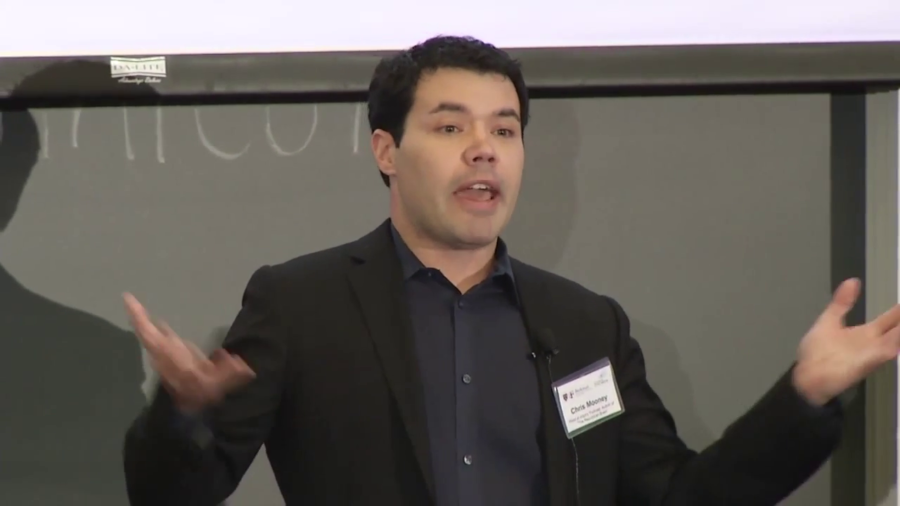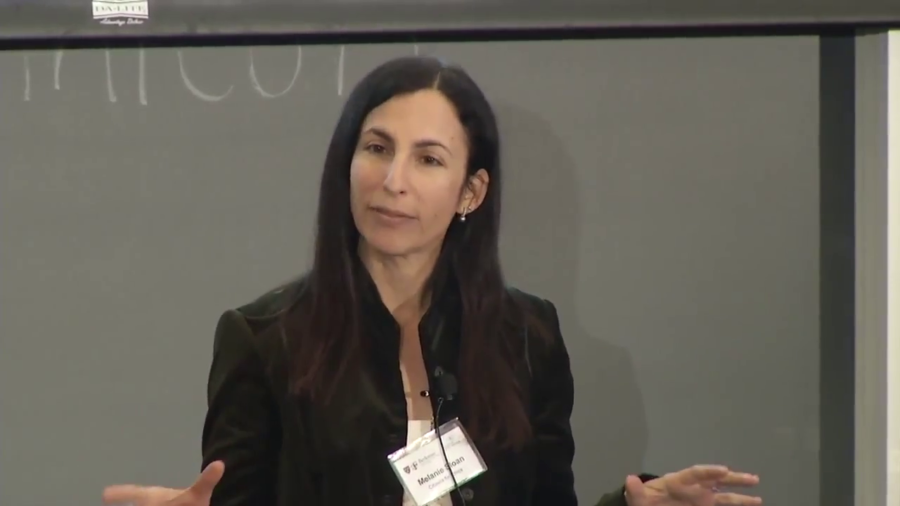What is it about our brains that makes facts so challenging, so odd and threatening? Why do we sometimes double down on false beliefs? And maybe why do some of us do it more than others?
Archive (Page 2 of 2)
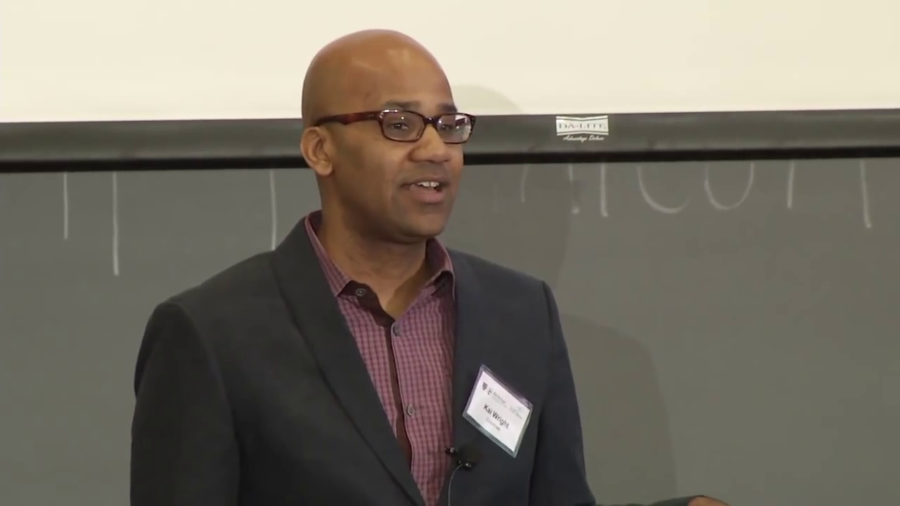
I actually come at this with a set of questions for folks here. Because before we get to the action question I have questions about the broader problem, right. So when we’re talking about truth and truthiness and in media, I think we first have to ask whose truth matters, and what are its boundaries.
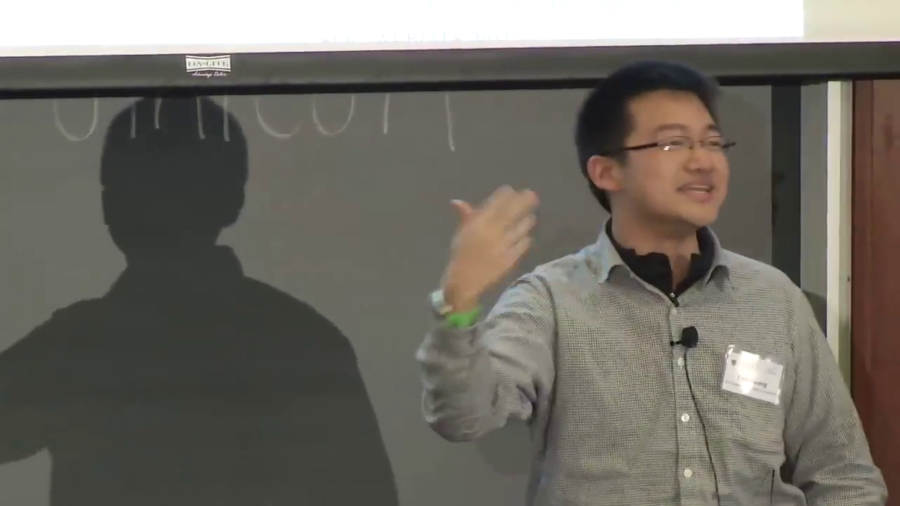
We identified a group of users on Twitter and we said as a coding challenge, like social battlebots, write a bot that will embed itself in this network and we will score you based on how well these bots are able to achieve some kind of social change, either in the pattern of connections between people or in the things that people talk about.
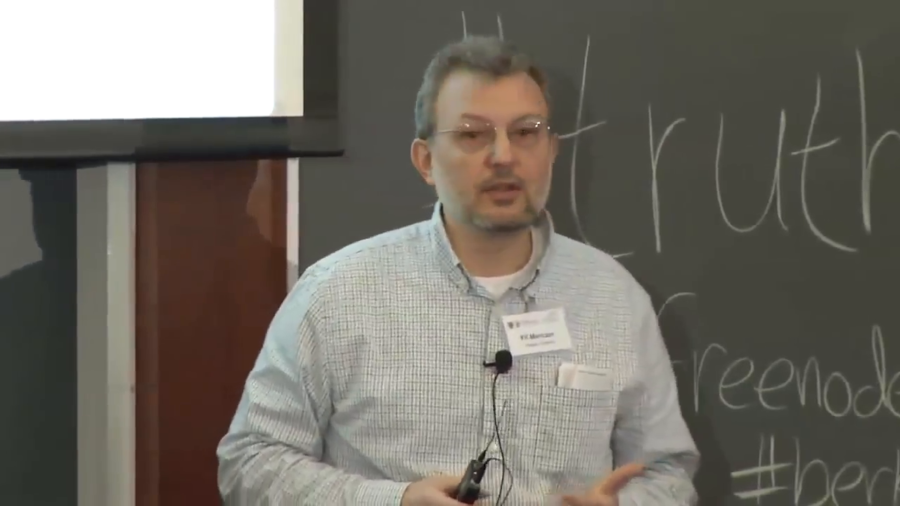
I’m here to tell you little bit about a few examples of truthy memes that we’ve uncovered with the system that we have online. It’s a web site where we track memes coming out of Twitter and we try to see if we could spot some signatures based on the networks of who retweets what, basically, and who mentions whom.
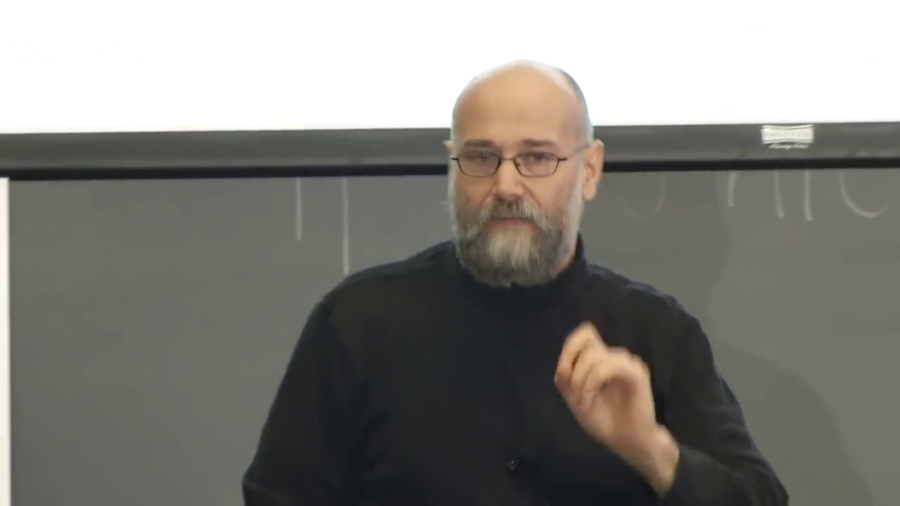
Bill Keller ends his story in the end in The New York Times Magazine as, “If Assange were an understated professorial type rather than a character from a missing Stieg Larsson novel, and if WikiLeaks were not suffused with such glib antipathy toward the US, would the reaction to the leaks be quite so ferocious?”
Good question. Who’s responsible? Half an article before, Keller says, “I came to think of Julian Assange as a character from a Stieg Larsson movie.
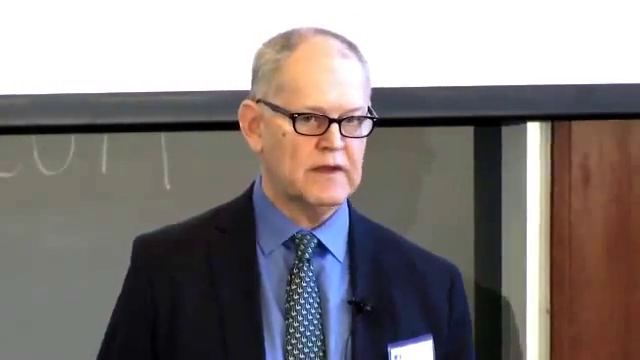
Today, because of the digital media, big companies are able to get their propaganda directly to their target audiences, as I was able to do. They can and they do publish and disseminate their own press releases, and their own studies, and their own position papers. All this means that the consumer is often, if not most of the time, at a big disadvantage.
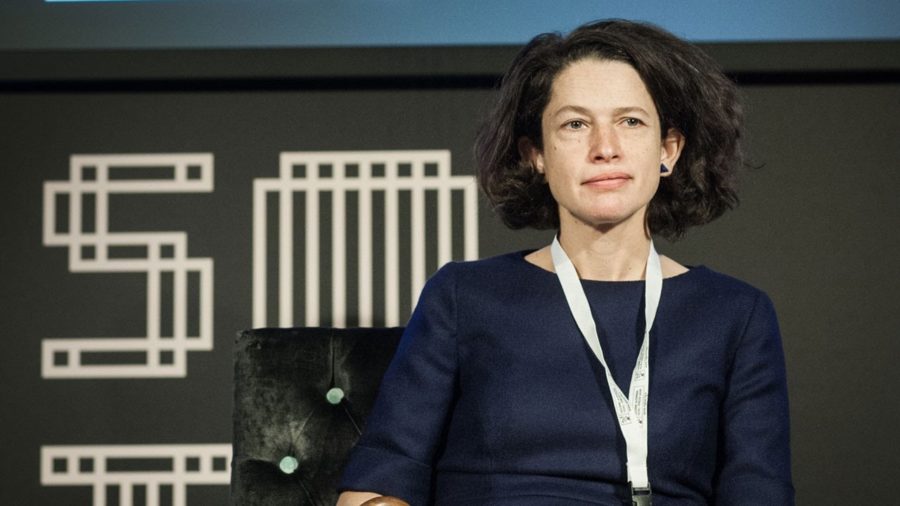
I’m going to argue today that even while we know post-truth politics is having a terrible effect on our political culture and our role as citizens, it’s curiously difficult to combat it because of a set of beliefs about what politics is, and about the Internet and the way it enables ordinary people to have a voice. And these beliefs intersect with a prevailing anti-intellectual anti-elitism which associates knowledge, discernment, and truth with snobbery and power.

